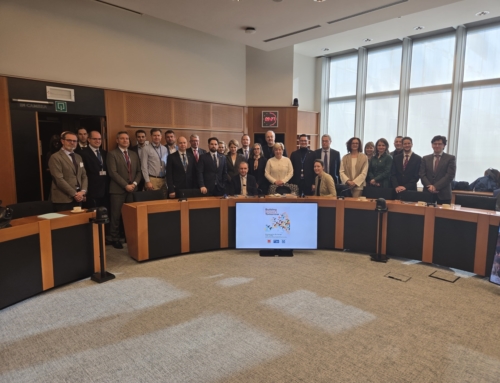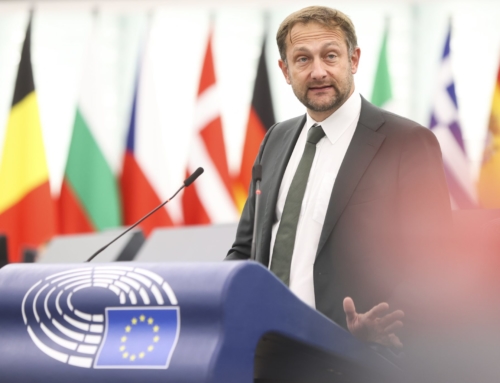Brussels, 12 May 2021
On March 24th, 2021, the European Commission published its proposal for a European Child Guarantee, a key part of the European Union’s effort to eliminate child poverty and social exclusion. A previous FAFCE article detailed the measures forseen by the European Child Guarantee to address the specific needs of children, with a focus on free access to early childcare, adequate housing, health care, healthy nutrition, and access to quality education.
The European Parliament adopted on the 29th of April 2021 a Resolution to encourage a family-friendly and child-friendly approach of the European Child Guarantee. It “calls on Member States to ensure a strategic and comprehensive approach to implementing the Child Guarantee through adequate policies and resources, including through labour market integration, work-life balance measures for parents and guardians, and income support for families and households, so that financial barriers do not prevent children from accessing quality and inclusive services”. Indeed, while good policies must ensure that families have access to adequate resources for their children, these resources cannot have their full intended effect if parents and children do not live balanced lives with enough time together.
The European Parliament further emphasised the need for the European Child Guarantee to integrate families and other generations when it “Recalls that social protection and support to families is essential and calls on the competent national authorities to ensure adequate and accessible social protection systems and integrated child protection systems, including effective prevention, early intervention and family support”. Family plays an important role in ensuring the wellbeing of its children and is the most important safeguard for their rights,.
The resolution furthermore highlighted two essential elements to ensure a just legal treatment of families: valuing care work and increasing the responsiveness of pension schemes to such work. Members of the European Parliament called on “all Member States to recognise periods of providing care to dependent children in pension schemes and to ensure both financial and professional support for people taking care of family members with disabilities who live in the same home; stresses that caring for their relatives can often have a negative impact on their family and professional life and can lead to exclusion and discrimination”. Not only is care work fundamental for our communities, but many families risk social exclusion as a result of upholding intergenerational solidarity.
As the European Parliament’s resolution makes clear, the fight against child poverty and social exclusion begins with equipping families and recognising their essential role for the society.
Learn more:







